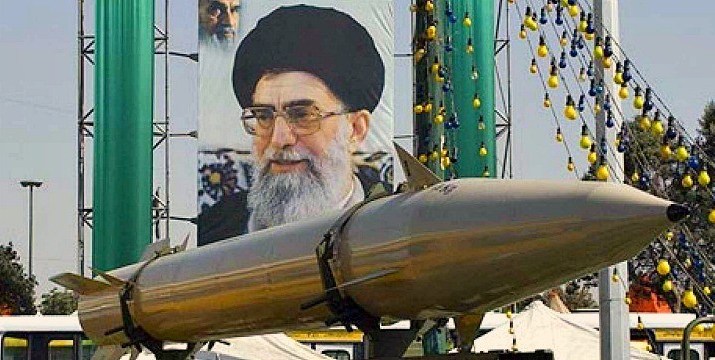- Iran has not stopped its civilian nuclear programme, which is a front for manufacturing weapons-grade nuclear material.
- That is evident from its refusal to allow nuclear inspectors free and ready access to all of its nuclear facilities.
- Tehran claims that it can indeed manufacture weapons-grade nuclear material for defence purposes.
- That is, however, another front for enhancing its missile programme.
It’s time to stop the masquerade. There is no doubt that Iran’s nuclear programme is aimed at nothing other than military capabilities. Various experts – from the Institute for Science and International Security (ISIS), the Belfer Center for Science and International Affairs at the Harvard Kennedy School and the New York Times, to name just a few – have spent the last two years combing through the thousands of documents from Iran’s secret nuclear archive which were snatched by Israeli Mossad agents from the heart of Tehran in January 2018. Their investigations prove beyond a shadow of a doubt that, at least until 2003, Tehran was in the midst of a state-sanctioned multi-sited effort – the Amad Project – to produce five nuclear warheads.
More importantly, there are lots of clues and cues strongly suggesting that this effort to achieve an atomic bomb never stopped and pushes on, even today. There is virtually no significant evidence indicating the opposite. Where there is radioactive smoke, there is nuclear fire.
The first clue can be found in Tehran’s usual policy of deceit and evasion vis-à-vis the UN’s International Atomic Energy Agency (IAEA) investigation into “possible military dimensions” of Iran’s nuclear activities. The agency has recently reopened its examination of the true nature and scope of these forbidden activities. At the same time, IAEA inspections on known nuclear sites in Iran seem to be successfully overcoming difficult circumstances created by the major outbreak of COVID-19 in that country – one of the epicentres of the pandemic in the region.
Read the article by Dr Ran Porat in Future Directions International.

